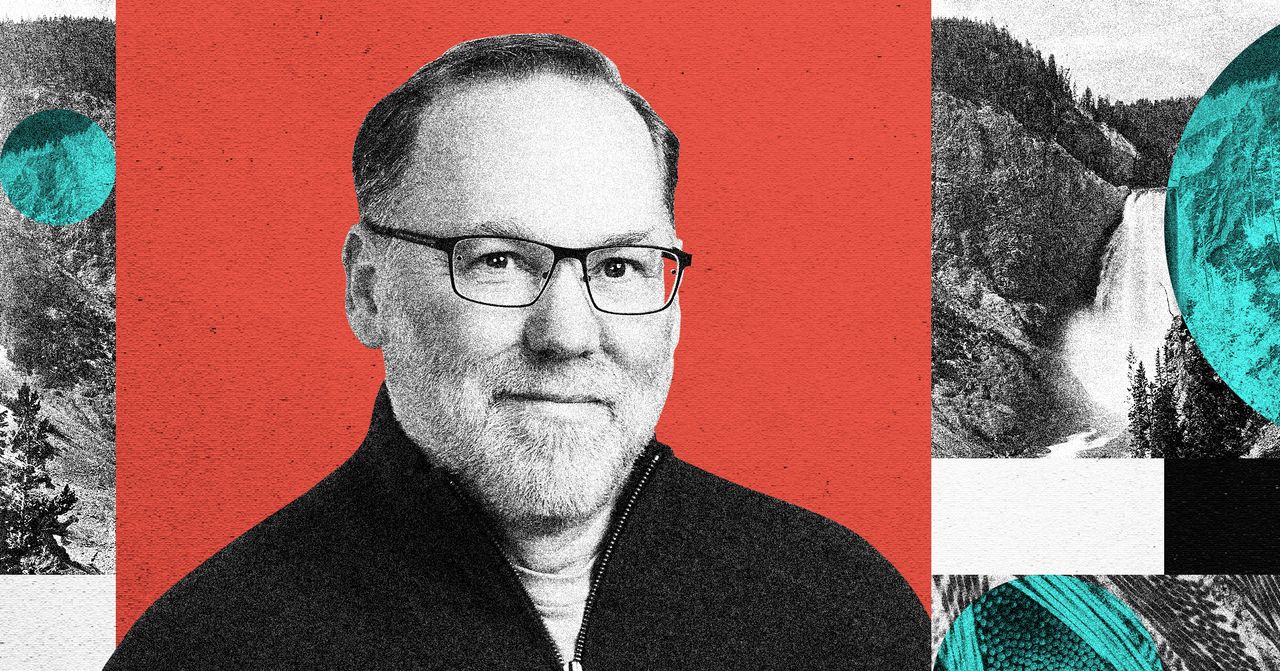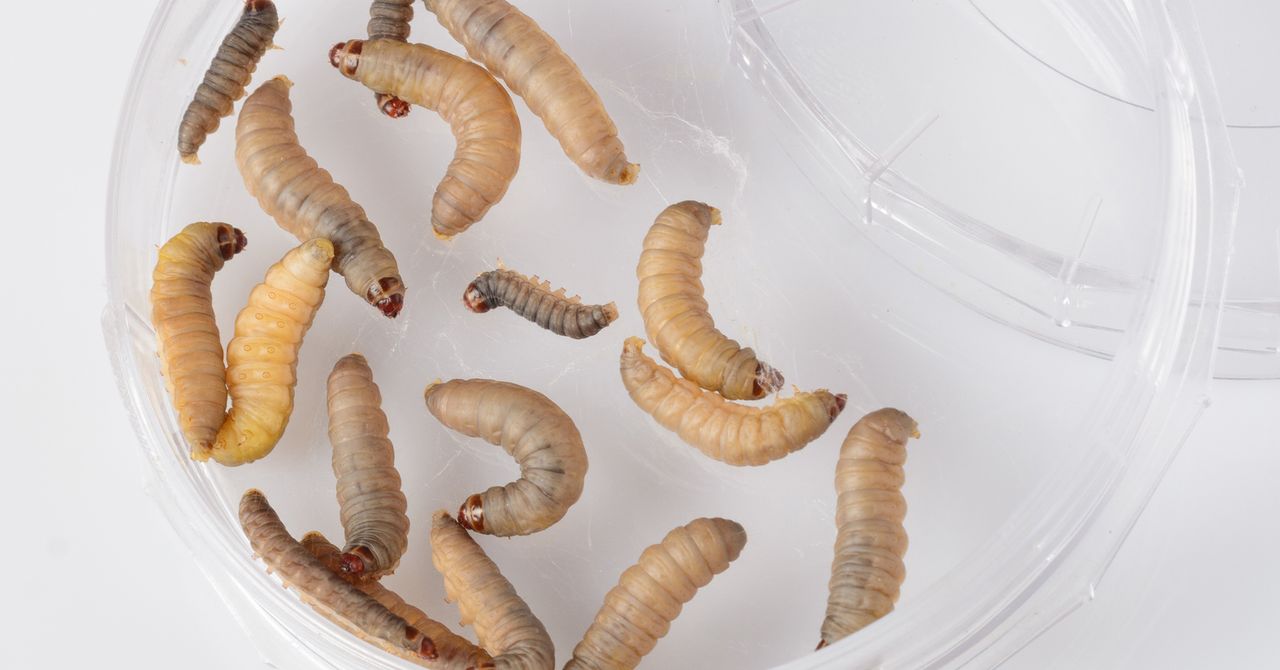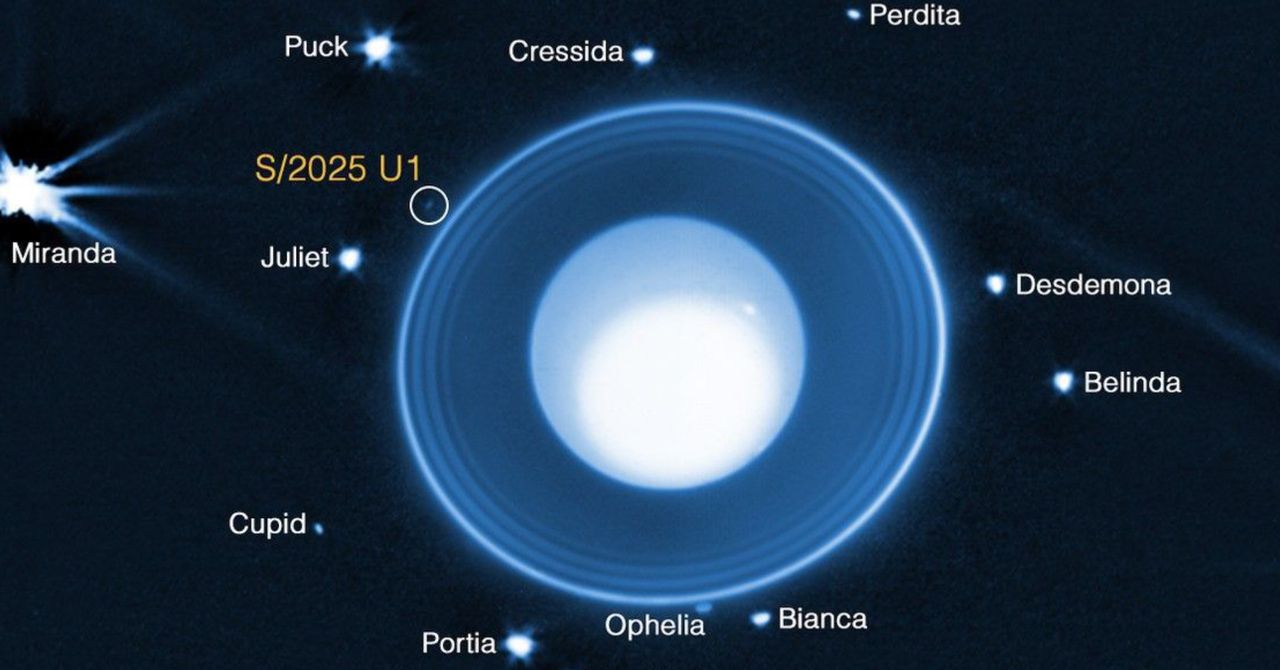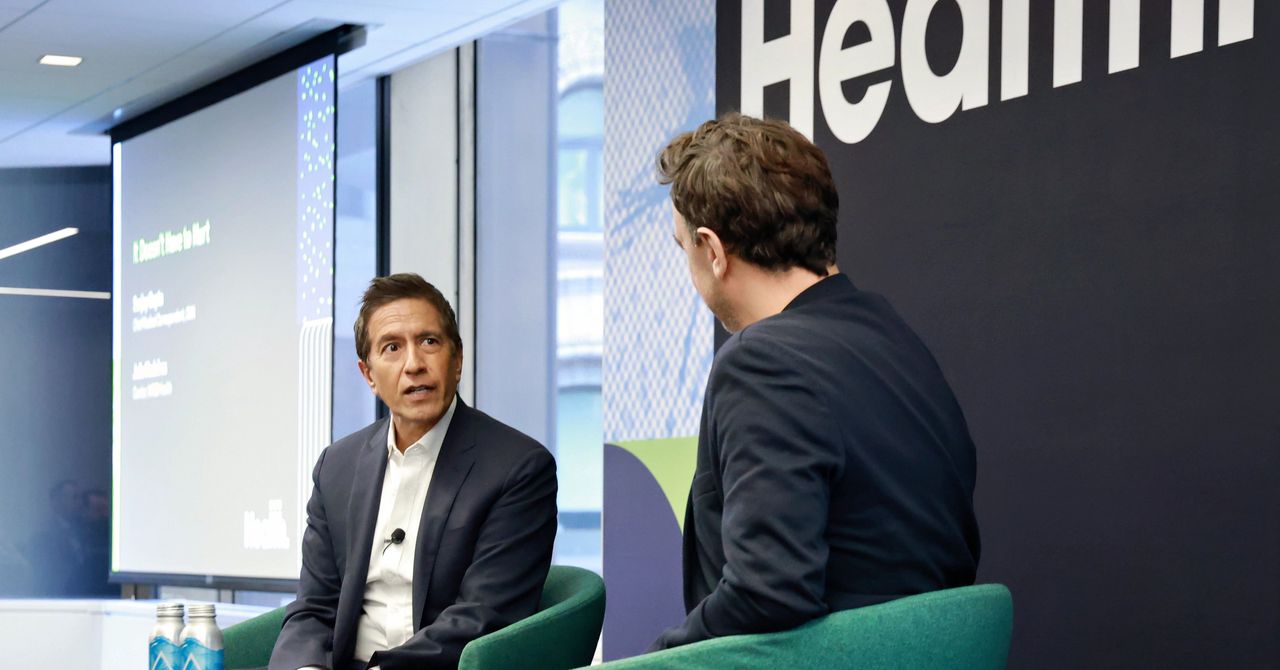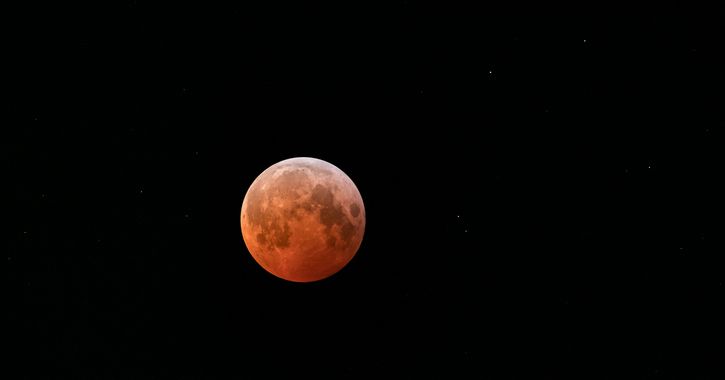It’s a pretty little town. I would love to go back and spend more time, but no, it was just, “Let’s just go get something to eat,” because I have to go back, I have a lot of things to do.
Did you tell anyone in the pub that you had won the Nobel Prize?
I didn’t tell anyone, haha. I didn’t think I needed to do that.
You said you don’t follow the Nobel Prizes. How shocked were you to have won? I assume you are aware of the importance of your findings, but have you considered that there are many great scientific advances taking place?
I’m not that naive. The main reason I didn’t think it would ever happen is that about eight years ago, with Shimon Sakaguchi, who was another co-author on this, and then with another very good friend who does incredible work at the Sloan Kettering Institute, we won the Crafoord Prize, which also comes from the Royal Swedish Academy. In Sweden, it’s a matter of family foundation.
We went there, I think, in 2017, and it was a great time. You know, the speeches, we met the Crown Princess. It was incredible. And so I thought, OK, this is the recognition that this particular scientific discovery is going to get, which was great. So I say to myself, this is better than I could have hoped for. People were talking about the Nobel and I said, “I don’t think so.” And after that I was like, “That’s never going to happen, don’t even think about it.” So I was really shocked when I heard about it.
Why do you think you received the Nobel Prize for this work now? Do you think this is due to the increased interest in immunology due to Covid? Or is it because these discoveries have now made hundreds of new medical trials possible?
